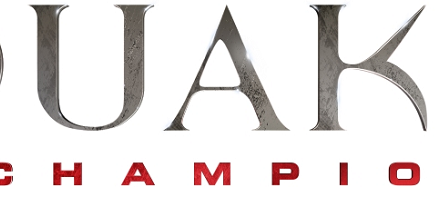
Autorun is still at the top of the virus top list
Every month, ESET compiles a top list of computer viruses that spread around the world to find out which malware is currently threatening users' computers. In October 2012, the next 10 pests spread in the highest numbers.

Autorun is the first since our last month's summary, and now we can toast it to the lead again in half a year. The Conficker worm, also thought to have been described earlier, has moved forward from the previous fourth to third, and we can hardly believe that a bug discussed in the 2008 security bulletin (Microsoft Windows MS08-067) could be successfully exploited in 2012. network worm, but it still manages because of the many unupdated systems.
The second position is the HTML / Iframe, which spreads through infected web pages and redirects the browser to a specified URL location embedded in the Iframe members of HTML web pages without the user's knowledge and permission. Apart from the presence and prominence of the fossilized Autorun and Conficker, the only surprise is the return of the Win32 / Ramnit virus to the last place on the top list. Win32 / Ramnit is a file-infecting virus whose code runs every time it boots. It can infect DLL and EXE files, but it also inserts malicious instructions into HTM and HTML files. When executed, it scans the system for vulnerabilities (CVE-2010-2568), and if the vulnerability has not been patched, it will be able to run arbitrary code remotely.
Thus, in addition to up-to-date virus protection, it is still important to neglect updates to the operating system itself, as well as to user software and critical components that are frequently attacked, such as Java, Adobe Reader, Adobe Flash Player, even though patching them is of paramount importance. . Regular, immediate download and fix of bug fixes as soon as possible is an essential element of protection. If this step is missed or neglected for an extended period of time, it is almost a lease to get infections on a regular basis.
In this month's edition of the ESET Global Trends Report, it tries to highlight the special features related to IT incidents in the recent period, so this month the increasingly common support-type frauds were mentioned. The unsuspecting victim receives an unsolicited e-mail or phone call in which they are warned of a technical error that does not exist - sometimes they even call themselves in the name of Microsoft - and then they submit a hefty bill for "help", as well as malicious codes, or they try to direct the user to websites that provide remote access. naive users. The so-called hefty bill is not at all a poetic exaggeration, as in some cases they try to extort an amount of up to USD 450 (more than one hundred thousand forints) from customers, and this method of scamming is spreading more and more. Already in 2011, 15 percent of users stated that they had already received such a fake letter or phone call. A popular method of those who provide "help" is to direct the victim to a link, which installs the Trojan malware that steals all his confidential data. According to information from the Guardian, criminals who deal with fake support calls earn an amount equal to 2 million British pounds a year. If we really need a computer repair, we should definitely not do it based on Facebook likes, unsolicited e-mails or unsolicited phone calls, but rather put our trust in an informed and reliable specialist service and official product support.














